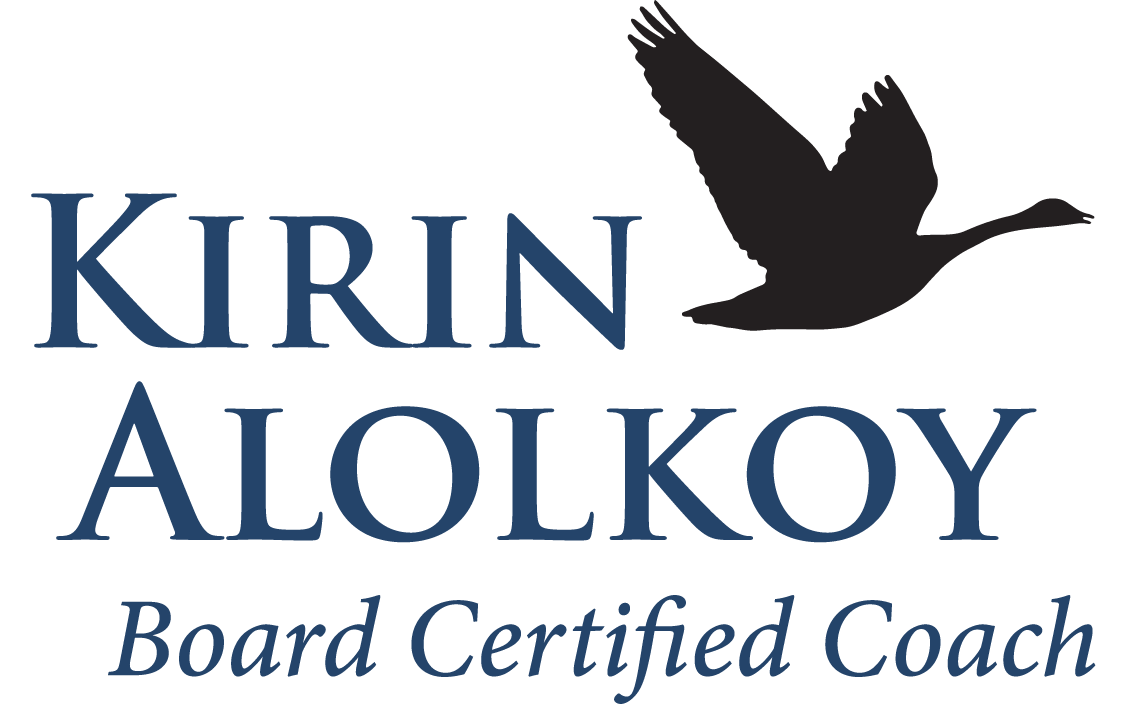Using IFS with Coaching
I incorporate Internal Family Systems into most of my coaching—in NON-therapy ways—with great results. Awhile back, someone asked me how I do it. There’s a lot I can say about that topic. What follows is just one aspect of it.
It sometimes happens that the action plan that a coaching client develops for reaching a goal doesn’t take into account some of their parts’ concerns. In fact, sometimes it’s not really Self that’s developing the plan—sometimes it’s an achieving part or a pusher part, and so on. (I don’t necessarily take a lot of time with clients to formally “get them in Self.” I proceed on the assumption that clients have access to Self while also noticing if a part is present.) When I was going through my coach-training program, we were taught to ask a client (near the end of a session) how likely they were to follow through on their plan (as a percentage or on a scale of 1–10). If the client said, for example, 70% likely, we were taught to ask, “What would get you closer to 100%?”
I’ve found that the obstacles are much more effectively identified and addressed by instead inviting the client to check in with their inner system to see if all of their parts are on board with the action plan. If the parts are all on board, the client feels more confident of really carrying out the action plan. If not all parts are on board, we listen to any parts’ concerns and then tweak the action plan to accommodate those concerns. That has the effect of both 1) building a more sustainable action plan, and 2) assuring the parts that their voices and needs are important (*always* keeping in mind that they hold positive intent at their core).
For example, I worked with a client on finishing his PhD dissertation. We came up with all sorts of plans for chunking his work, and so on, but over and over again, he had parts that wouldn’t let him work because they were in need of self-care and refused to be “locked in the basement” (exiled) any longer by his pusher parts. I worked with him to identify doable kinds of self-care, and he made a commitment to do those things. The parts that had been “on strike” let him work once we developed an action plan for attending to their needs. We revisited those parts as needed throughout the course of our work together.
This is just one (maybe two) of the ways I use IFS in coaching. The “light” version is checking in with parts near the end of the session and tweaking the action plan to accommodate their concerns. The “heavy” version is negotiating with parts that are “on strike” and developing an action plan for addressing their concerns so they’ll stop needing to be on strike to get their needs met—and so they trust that Self is attending to them.

“We must always change, renew, rejuvenate ourselves. Otherwise, we harden.”
— Goethe
